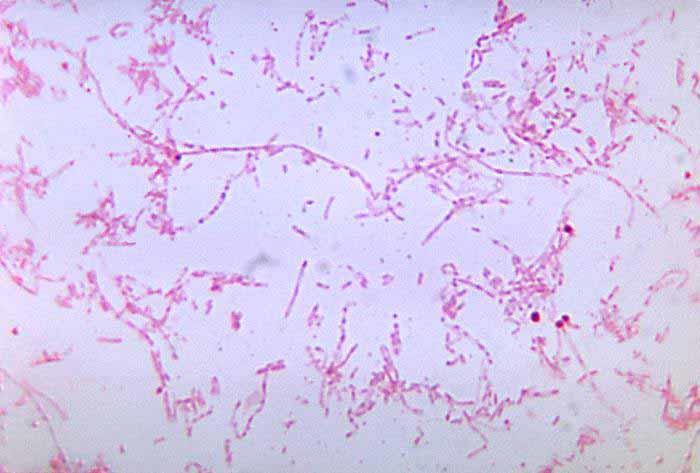Analyzing the Gut Microbiome to Help Detect Colorectal Cancer
, by NCI Staff
Changes in the gut microbiome could help distinguish individuals with healthy colons from those with either colorectal adenomas (polyps with a risk of becoming cancer) or colorectal cancer, according to results of two recent studies. The authors of both studies believe the findings suggest that gut microbiome changes could be a biomarker of colorectal cancer that could eventually be used to help screening for the disease.
Bacteria live in the gut, mouth, lungs and skin—basically any place exposed to the external environment. The collection of bacteria and other microbes that live in and on the body are referred to as the microbiome. In fact, the human body contains far more bacterial cells than human cells, and the gut is home to the greatest proportion, by far, of the body’s total microbiome.
In the first study, Patrick Schloss, Ph.D., and his colleagues at the University of Michigan analyzed and compared the microbial DNA found in stool samples from three groups of participants: healthy individuals, individuals with colorectal adenomas, and patients with colorectal cancer.
The researchers identified distinct gut microbiome signatures for each group. A comparison across the groups showed that patients with colorectal cancer had the highest levels of Fusobacterium and Porphyromonas bacteria, two types of bacteria that have been implicated in the development and progression of colorectal cancer. Conversely, individuals with adenomas and carcinomas were found to have a selective loss in "good" bacteria that support normal epithelial cells in the colon and inhibit the growth of tumor cells.
When combined with other known clinical risk factors for colorectal cancer (e.g. older age, African American and American Indian/Alaskan Native race, high body mass index), the microbiome signatures were better able than risk factors alone to distinguish individuals with healthy colons from those bearing adenomas and carcinomas.
Analysis of the gut microbiome was a more sensitive test than the guaiac fecal occult blood test, which is currently the most commonly used noninvasive screening tool for colorectal cancer. If corroborated in a larger study population, the authors wrote, the results suggest that non-invasive analysis of the microorganisms in the digestive tract could complement existing screening methods for colorectal cancer.
In the second study, Peer Bork, Ph.D., of the European Molecular Biology Laboratory, and his colleagues utilized newer sequencing methods developed by the Human Microbiome Project to characterize microbial diversity in stool samples from patient groups from four different countries. As was the case in the first study, the researchers could distinguish people with colorectal cancer from healthy subjects based on differences in their microbiome.
Both sets of researchers acknowledged that their results cannot be used to assess the role of bacterial populations in causation or reveal the mechanism by which some bacteria affect the progression of colorectal cancer.
Future studies, Dr. Bork’s team wrote, will allow for "more detailed investigation of cancer-associated differences" in microbial genes and provide additional insights into "the roles of the microbiome in cancer onset and progression."
